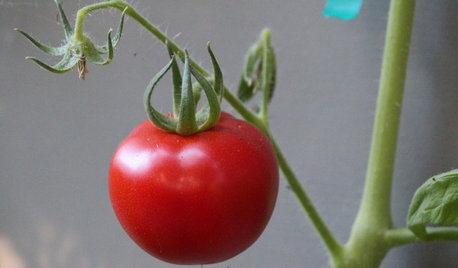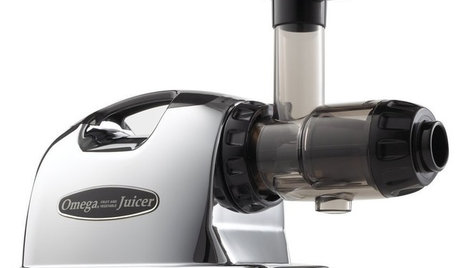Fermenting cucumbers
canfan
10 years ago
Related Stories

FARM YOUR YARDIf You Have Room for Only One Summer Crop ...
Get an edible that’s long on flavor even if you’re short on space, with a long-time gardener’s favorite picks
Full Story
PRODUCT PICKSGuest Picks: Get Juicing
Stay hydrated and healthy with these tools and accessories for juicing fruits and vegetables right at home
Full Story





digdirt2
Linda_Lou
Related Professionals
Barrington Hills Landscape Architects & Landscape Designers · Beavercreek Landscape Architects & Landscape Designers · Fitchburg Landscape Architects & Landscape Designers · Lake Oswego Landscape Architects & Landscape Designers · South Orange Landscape Architects & Landscape Designers · Gainesville Landscape Contractors · Jackson Landscape Contractors · Brookline Landscape Contractors · Caldwell Landscape Contractors · Hoffman Estates Landscape Contractors · Mastic Beach Landscape Contractors · Little Rock Roofing & Gutters · SeaTac Roofing & Gutters · Black Forest Roofing & Gutters · Raynham Driveway Installation & MaintenancecanfanOriginal Author
digdirt2
Linda_Lou
canfanOriginal Author
readinglady
canfanOriginal Author
seysonn
canfanOriginal Author
Linda_Lou
digdirt2
canfanOriginal Author
judydel
digdirt2
judydel
digdirt2
judydel
Linda_Lou
digdirt2
judydel